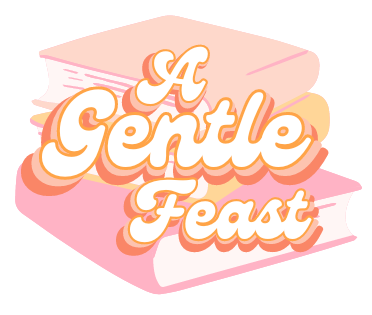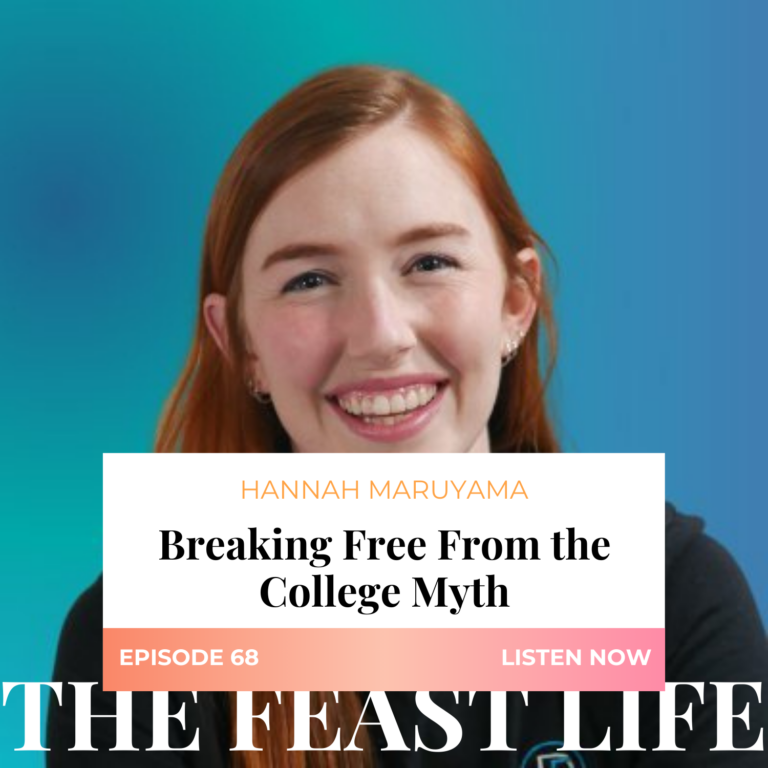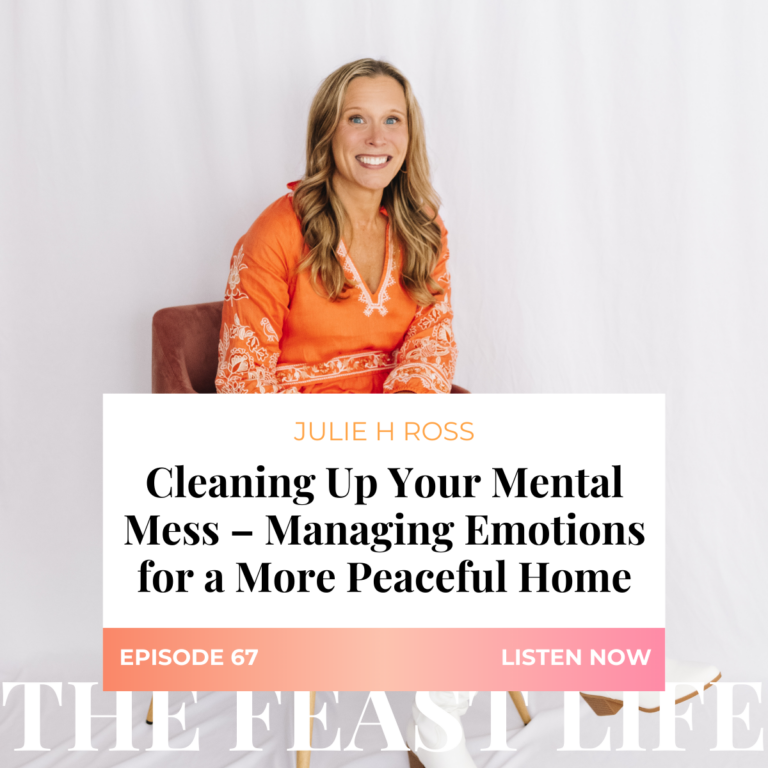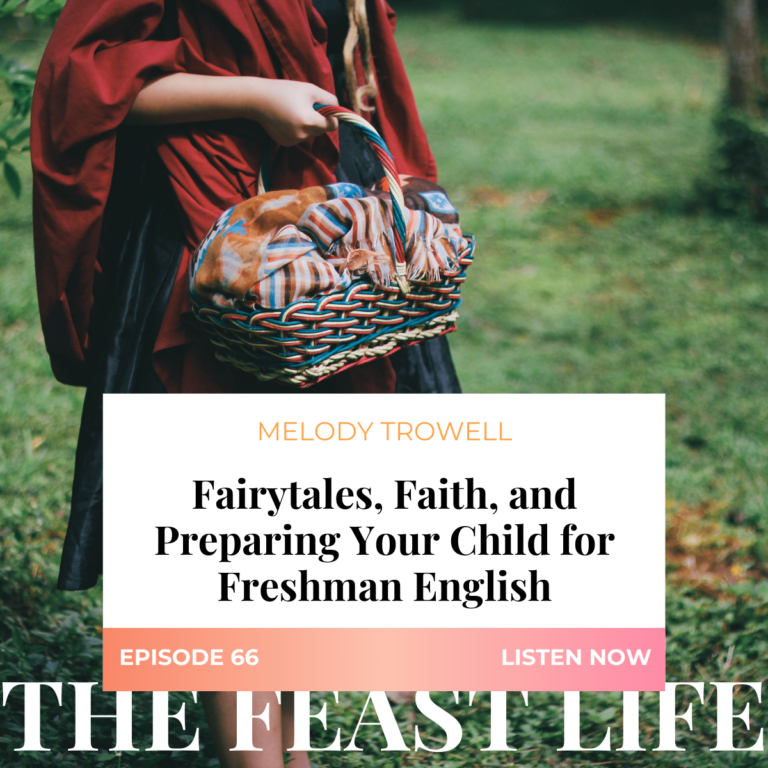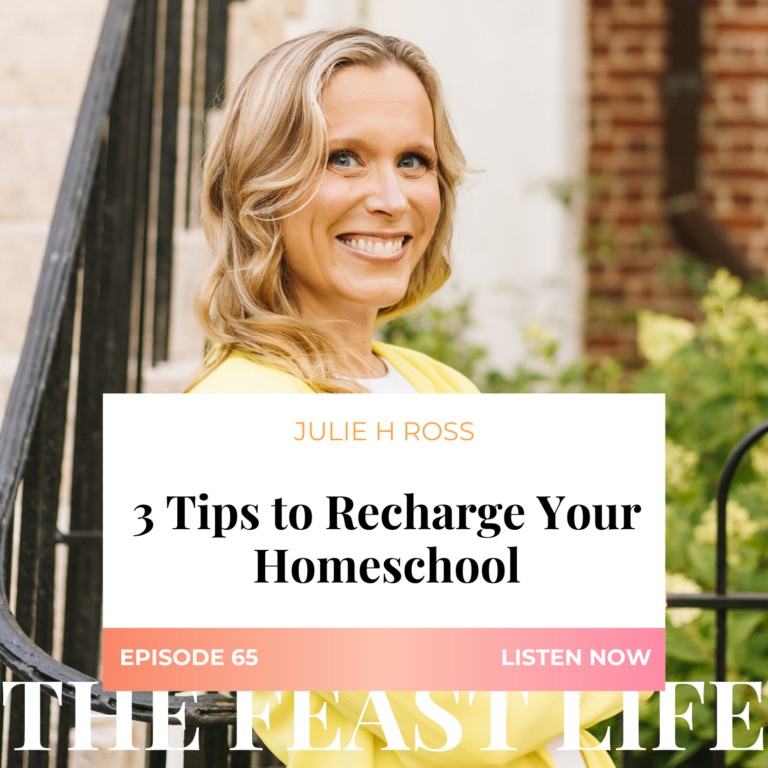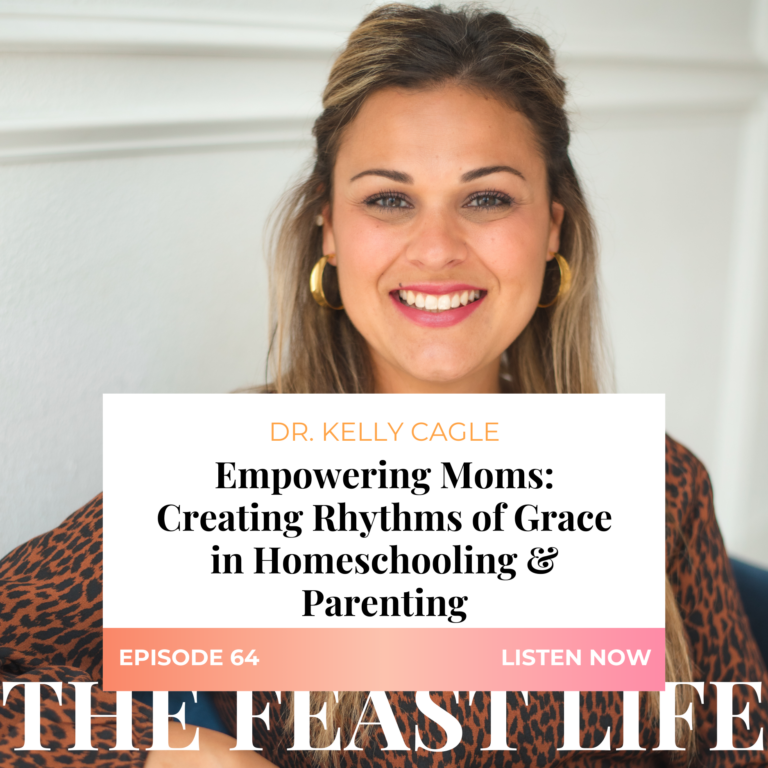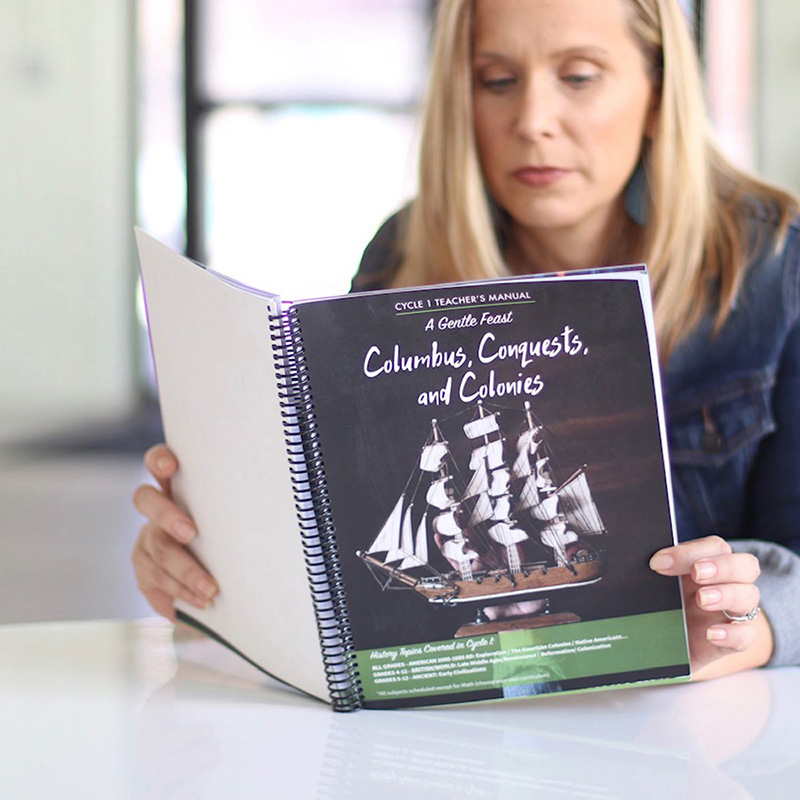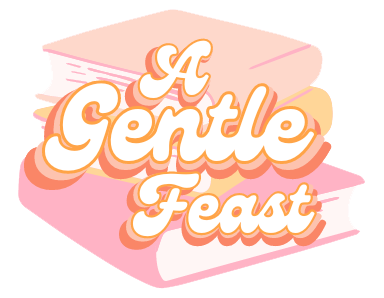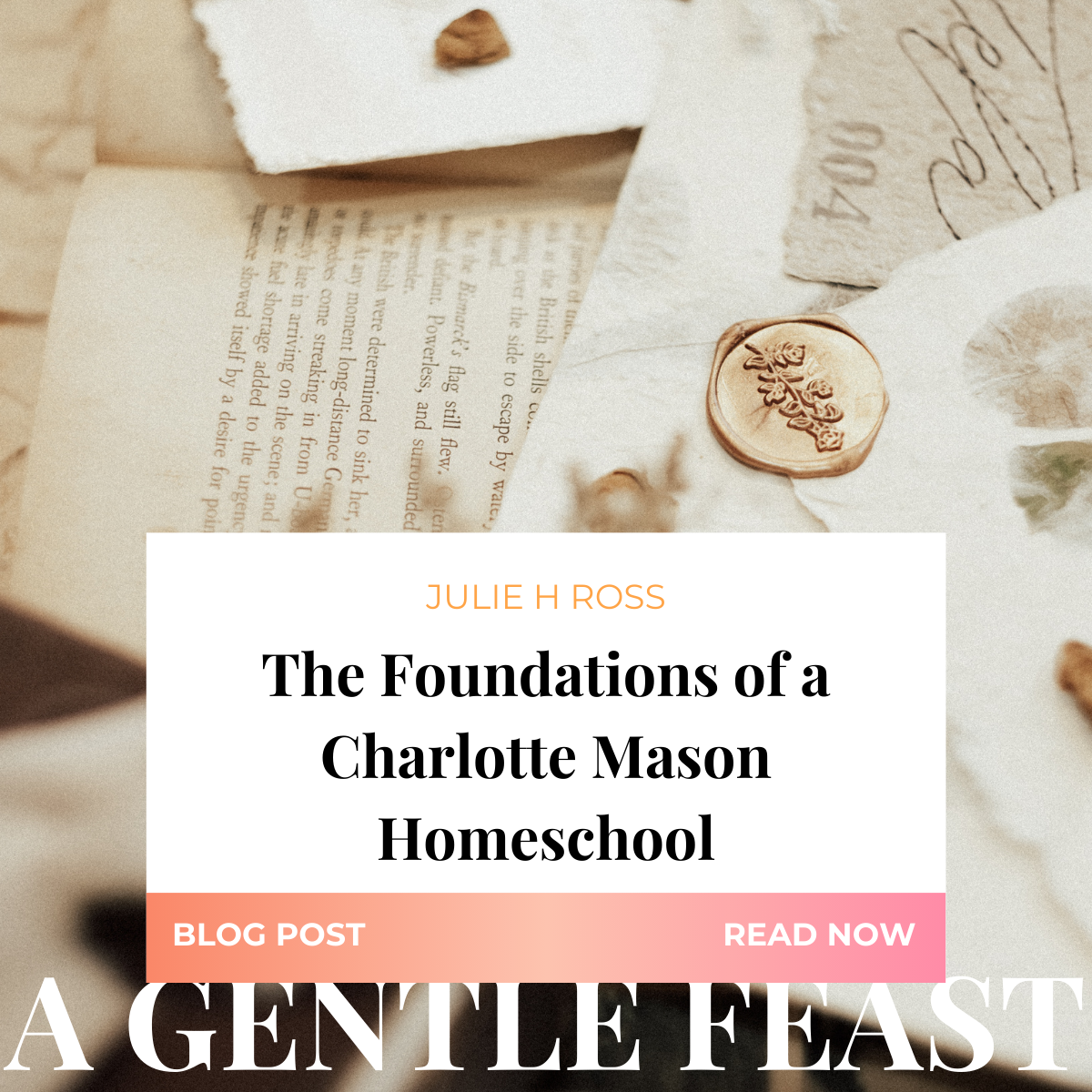
With six volumes of her work, Charlotte Mason’s approach is vast, but fear not—we’re here to distill the core principles without overwhelming you.
Imagine someone asks, “What’s a Charlotte Mason education all about?” After today’s exploration, you’ll have a confident and clear response. So, grab your notebook, a pen, and your favorite drink, and let’s delve into the heart of Charlotte Mason’s educational ethos.
- The MOST powerful tool of education (hint- it’s narration)
One of the cornerstone principles is narration. Unlike traditional methods filled with workbooks and quizzes, narration stands out as a natural, human-centric approach to learning. Mason observed that people naturally recount experiences and learnings, whether it’s discussing a movie plot or sharing the essence of a compelling book. She questioned why this innate method of processing and sharing information wasn’t being harnessed in education.
Narration is more than mere recall; it’s an intricate process involving synthesis, organization, and communication of thoughts, whether verbally or in writing. It demands high-level cognitive skills, which Mason believed were crucial to effective learning.
“One thing we know at any rate, no teaching and no information is processed as knowledge in anyone’s mind until his own brain can actively, has actively assimilated it, translated it, Rearranged it and absorbed it so that it becomes a part of the person and shows up like food that the body takes in as part of the living organism. Therefore, teaching, lecturing, dramatizing, no matter how brilliant or coherent, does no good until the student becomes an active participant and goes to work on it in his mind. In other words, self education is the only possible education.”- Charlotte Mason
Starting with simple stories in early childhood and advancing to complex subjects as students grow, narration becomes a part of every learning experience—from literature to science, art, and even casual conversations. The beauty of this approach is its scalability; it grows with the student, fostering a lifelong habit of learning and sharing.
Many parents express concerns that their children find narration challenging or unenjoyable. However, easing into it with familiar, everyday contexts can make a significant difference. For example, asking a child to recount a television episode can be a gentle introduction to narration, demonstrating its relevance and simplicity.
As students mature, narration becomes a natural part of their communication, extending beyond the classroom to all aspects of life. The impact of this approach is profound, with students often unknowingly continuing to narrate their experiences well into adulthood.
See this blog post for a more detailed, developmental description of narration.
- The very best books
“One more thing is of vital importance; children must have books, living books. The best is not too good for them; anything less than the best is not good enough. And if it is needful to exercise economy, let go everything that belongs to soft and luxurious living before letting go the duty of supplying the books, and the frequent changes of books, which are necessary for the constant stimulation of the child’s intellectual life.” -Charlotte Mason
At the core of Mason’s method is the belief that education should be alive with interest and curiosity. Living books, filled with engaging narratives and ideas, are key to this approach. These books are more than just texts; they are gateways to immersive experiences that evoke emotions and empathy, such as understanding historical figures like Andrew Jackson in a more nuanced way. The power of living books lies in their ability to make history, science, literature, and other subjects come alive, creating a lasting impact on learners.
Mason emphasized the efficiency of her educational approach, noting that it “multiplies time.” This might seem paradoxical, but it’s grounded in the observation that when students are genuinely interested, they learn more effectively and retain more information. By focusing on engaging materials that stimulate the mind and emotions, students can cover more ground in less time compared to traditional methods.
When narrating a living book, it’s not just about testing memory; it’s an active process of making sense of information, connecting with it personally, and expressing it in one’s own words. This process enhances comprehension and retention, turning passive reading into an active learning experience.
Mason’s educational feast is vast, encompassing subjects like history, science, literature, art, music, and more. However, she advocated for short, focused lessons rather than long, drawn-out sessions, recognizing the natural limits of attention spans. This approach allows for a broad, balanced educational experience without overwhelming students or educators.
- Fill your home and minds with what is true, good, and beautiful
One of the most impactful aspects of Charlotte Mason’s philosophy is the emphasis on beauty—through music, hymns, poetry, literature, and nature. Experiencing these elements can deeply affect our emotions and empathy, as I’ve found through my own reactions to stories like those of Andrew Jackson and the Little Rock Nine. These narratives have moved me to tears, illustrating the power of storytelling in developing compassion and understanding.
My own transformation highlights the potential of a Charlotte Mason education to change not just children but adults too. Prior to adopting this approach, I rarely noticed the intricacies of the natural world. Now, I find myself captivated by the simple beauty of flowers or the curiosity of identifying birds, a change sparked by the educational philosophy that values nature and the outdoors.
This shift in perspective is not merely about accumulating knowledge; it’s about enriching the soul and fostering an appreciation for the true, the good, and the beautiful. Charlotte Mason spoke of “aesthetic appetency,” the innate desire for beauty, which thrives on exposure to the arts and nature. She believed that without such exposure, our appreciation for beauty could wane, but when nurtured, it opens a “paradise of pleasure” for us.
In practice, this philosophy translates into a structured yet flexible educational routine. Our mornings, for instance, are dedicated to Bible study and another activity, ensuring a balanced exposure to various subjects. This approach prevents overload and allows for a deep, meaningful engagement with each topic. Whether it’s singing hymns, exploring composer studies, delving into poetry, or enjoying literature, each activity is designed to be both simple and enriching.
For example, enjoying a Shakespeare sonnet read by James Patrick Stewart or engaging in picture study requires only a few minutes but leaves a lasting impression. These activities are not just educational tasks; they are opportunities to experience beauty and develop a refined aesthetic sense.
Charlotte Mason believed in nurturing an “aesthetic appetency” — a desire for beauty in all its forms, from literature and art to the natural world. She argued that exposure to beauty is crucial for developing this sensibility, enriching our lives and opening doors to new joys and pleasures.
Our educational journey includes diverse activities like singing hymns, studying composers, practicing recitation, and exploring literature, all designed to be simple yet profoundly enriching. These activities don’t require extensive planning or execution; they are meant to be accessible and enjoyable, enhancing our daily lives with beauty and learning.
- Permission to go out to play
Nature study, a cornerstone of Mason’s philosophy, exemplifies this focus on beauty. It encourages us to engage with the world directly, to notice and marvel at its wonders, whether it’s identifying a bird with an app or pausing to admire roadside flowers. This practice has taught me to value the present moment and the beauty it holds, a lesson I eagerly pass on to my children.
“If getting our kids out in nature is a search for perfection, or is one more chore, then the belief in perfection and the chore defeats the joy. It is a good thing to learn more about nature in order to share this knowledge with children; but it’s even better if the adult and the child learn about nature together. And it’s a lot more fun.” -Richard Louv, The Last Child in the Woods
The joy of nature and learning should never become a chore. Learning about nature isn’t just for imparting knowledge; it’s about sharing the journey of discovery, ideally together with our children. Nature study can be as simple as enjoying the view from our window or exploring a local park, without the pressure of specific educational outcomes.
In conclusion, a Charlotte Mason education is a journey into the beautiful, an exploration of the arts, nature, and the human spirit. It teaches us to appreciate the finer aspects of life, transforming not only our educational approach but also our very way of being in the world. Through this philosophy, we cultivate a lifelong love for learning, an appreciation for beauty, and a deepened sense of empathy and understanding.
I LOVE teaching folks about this revolutionary approach to education. If you are wanting someone to make this make sense and distill this philosophy into manageable chunks- I’m your girl. Join me for my FREE Charlotte Mason and You intro course.
